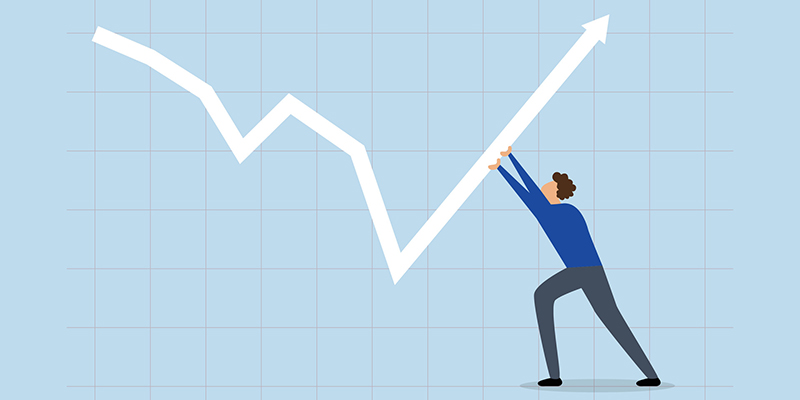
by Laura Stack, MBA, CSP, CPAE
“The best laid schemes of mice and men/often go astray.” ― Scottish poet Robert Burns
Sometimes, unexpected events occur that tear apart a carefully planned life. Hopefully this hasn’t happened to you, but if it ever does, your productivity is likely to come crashing down… and really, no one could blame you. But some people might anyway. You may even lose a job, especially in this gig economy where speed reigns supreme.
This recently happened to a colleague of mine, who had been his mother’s primary caregiver for several years. In March 2023, they experienced a perfect storm of health crises, culminating in his mother entering her final illness. My colleague focused tightly on his mother’s health, to the point where he ignored his clients, and ultimately lost a few. His mother died in June and his best friend followed a few months later, sending him into a deep malaise during which his output tanked. After a difficult recovery, he finally began to rebuild his clientele and productivity.
When life throws you curve balls, you can and must fond the strength to rebuild your work-life and productivity until you recapture your previous level of efficiency. Your only other choice is to give up. Here are a few suggestions on how to rebuild:
- Ponder the problem. Consider how you can rectify your situation, first determining where you want to be and how to get there. This may be different from where you were before everything collapsed; indeed, it may have to be, if your original work situation triggered the collapse, or if there are things you simply no longer care to do. Whatever the case, break your rebound down into smaller, easier-to-accomplish pieces and lay out a rough version of the path from here to there, while leaving enough room to make any necessary changes as you go.
- Just get started. This advice is standard (if unsaid) for any project, but it’s doubly appropriate in this case. When you’ve hit an emotional roadblock, getting back in the saddle may be the hardest part of rebuilding. But you can’t remain stalled for long or you’ll just sink deeper into the mire, and it’ll become ever harder to move forward. So push yourself to start working on the first step ASAP, even if it feels like you’re pulling teeth just to get anything done. A famous exercise for breaking writer’s block, for example, is to start by typing the word “The” at the top of the page, and then to push yourself to keep writing until things make sense.
- Don’t take too long. It took my colleague eight months to even want to pick himself up off the ground, and he’s not yet back to his old productivity levels as of this writing (late-April 2024), though he’s working on it. Give yourself time to recover from whatever struck you down in the first place; but the quicker you can get moving again, the easier it will be for everyone involved.
- Approach lost clients with offers they can’t ignore… and that won’t last forever. This assumes you still want to work for them. Keep in mind, however, that it’s often easier to mend a previously existing relationship than to rebuild your client list from scratch. A discount on the next project or a quicker deadline may prove attractive in these budget-conscious days, and might help you regain some of your clients or end-users if you have an otherwise excellent record. Speaking of which…
- Focus on quality. When you complete new products for your clients or end-users, focus on maintaining the highest level of quality as possible. Again, this is standard and usually goes unsaid, but it’s worth re-emphasizing. Give yourself extra lead times when you can, and be sure to review every part of the project before you turn it in. Don’t obsess (or you may never really get started), but give the project the time it requires to maximize its excellence.
Don’t overdo it!
Once you’ve started to pick up and rebuild, keep moving forward—but don’t take on more than you can handle. That’s another route to failure, especially if you over-promise and can’t deliver. Most clients can handle occasional slipped deadlines, as long as you maintain decent communication, and maybe one massive failure to communicate and/or produce, as happened with my colleague. But don’t expect them to accept it twice. Nor should they. It’s unprofessional once; twice, and you may find yourself starting over yet again.
Got any other tips for recapturing productivity? Let us know in the comments!
© 2024 Laura Stack. Laura Stack, MBA, CSP, CPAE is known as The Productivity Pro®. She is an award-winning keynote speaker, bestselling author, and noted authority on personal productivity. For 30+ years, she has given keynote speeches and workshops on increasing workplace productivity in high-stress environments. Stack has authored eight books, including the bestselling What to Do When There’s Too Much to Do. She is a past president of the National Speakers Association and a member of the exclusive Speaker Hall of Fame. To book Laura speak at an upcoming meeting or event, contact her at www.TheProductivityPro.com.


